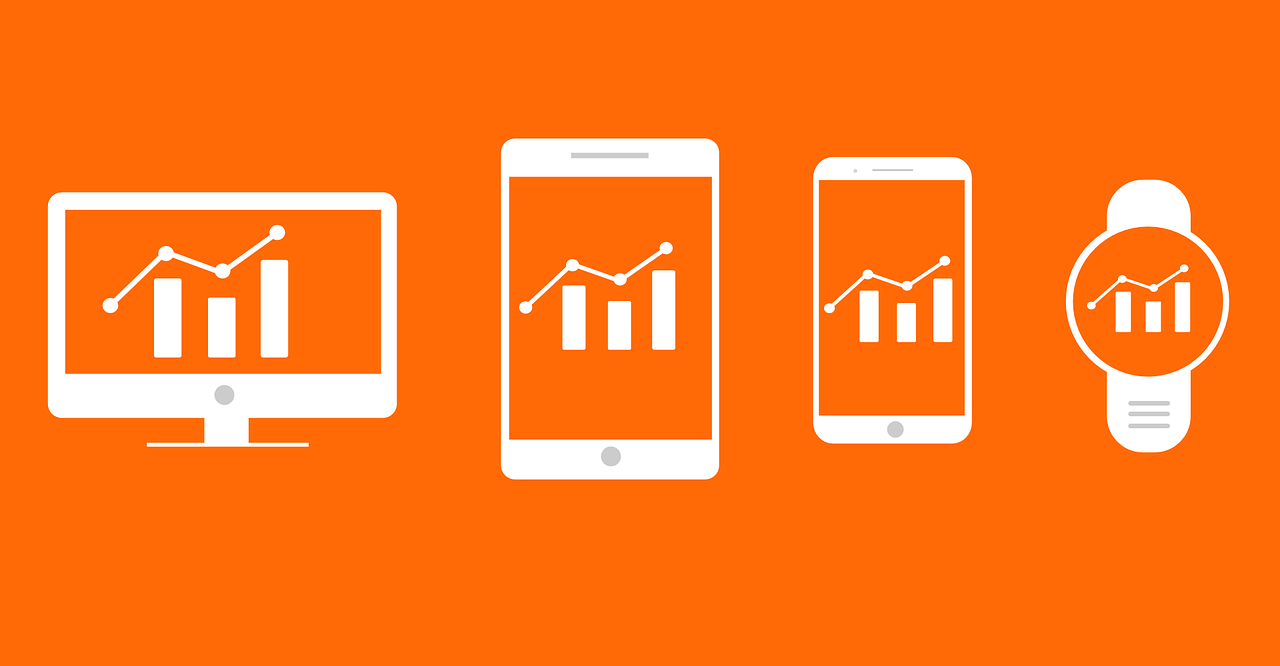When it comes to choosing an extracurricular activity, there are countless options. But what is the best one? Although learning how to play the piano might seem challenging at first, the benefits far outweigh the drawbacks.
Here are some reasons why you should learn how to play the piano:
Teaches Discipline
Learning how to play the piano is not as easy as sitting at the piano and practicing. It will require focus, patience and discipline to master the keys and correct movement. This will teach you how to persevere when the going is tough.
Makes You Better at Sensing Mood
Humans have subtle changes in their voices that indicate emotions and moods. In the same way, changes in music can help a person to sense emotions. Tone, volume and melody changes can help you to interpret feeling. For this reason, learning the piano can help you to be empathetic, and to feel what others are feeling.
According to research, those who take piano lessons can hear the subtle changes in tone from speech and music. You will become a better listener and understand emotions that others are trying to convey in normal conversation.
Improves Reading Ability and Speech
Music can improve cognitive abilities such as reading, creativity, speech and listening skills. According to research, music helps the brain in many ways. Even if you only take music lessons for a short while, you will notice a ton of benefits.
Learning how to play the piano is just like learning how to speak a different language. This means that it will also trigger similar parts of the brain.
Builds Confidence
Sitting in front of a roomful of people to perform takes guts. Once you start taking piano lessons and playing in front of large groups of people, your confidence will start growing. When playing to a large group of people, you have to trust your fingers to produce a rhythmic melody just as you have been practicing.
You will not only develop confidence in playing in front of large audiences, but you will also become a courageous public speaker.
It is an Amazing Skill
When you know how to play the piano, you will feel better about yourself, as you will have a skill to show off to your peers. Sitting at the piano and reading music sheets then playing for others is a great skill that makes a piano player feel special. Once you learn to play the basic pieces in class, you should look for your own piano to practice with at home.
If you need help finding the best digital piano, you should look online. You will find a variety of pianos to choose from, but you should ask for advice from your instructor before purchasing one.
Offers a Stress Outlet
As you gain proficiency and start enjoying your piano lessons, you might use this newfound skill as a stress outlet. If you resort to playing your favorite songs to relieve feelings of anxiety and sadness, it would be better than holding onto them. Some therapists even use the piano as a tool for therapy to help those with ADD (attention deficit disorder) because the music calms them down and helps them focus.
Make Lifelong Friends
When you join a piano class, you will become part of a larger community of musicians. Not only will they be playing music that they enjoy, but you will also be playing with other people to create a harmonious sound. Common interests make relationships and friendships stronger, this means that you might end up making friends that will last them a lifetime.
Learn Cultural History
Music reflects some bits of history, and usually provides insight on what it was like to live in certain eras. Every piece of music has its own history that can be explored once it is learned. The more diverse your knowledge of music is, the more knowledgeable you are about different geographic influences and cultures that molded the music we know today. For this reason, piano lessons will be beneficial to you, as you will learn about different cultures.
Enhances Hand-Eye Coordination
Piano playing is a skill that requires the learner to have great hand-eye coordination. You have to read musical notes on the sheet then your brain will convert it into patterns while adding rhythm to it. Moreover, you have to watch what your hands are doing and alternate with looking at the sheets.
If you start learning the piano earlier in life, you will have great hand-eye coordination, which will enable you to become a great sportsperson in the future (you’ll be even better at video games too!).
Improves Reading Comprehension
According to studies, those who undergo complex rhythmic training have better cognitive performance than those without training. This is unsurprising because music involves reading of complex sheets and comprehension. When you see a note on a page, the brain has to translate it to the correct hand position and rhythm, so you have to form the correct patterns after reading the notes.
If you don’t learn the piano for any of the reasons above — you can do it for the most important reason of all. It’s FUN!
I write like I think—fast, curious, and a little feral. I chase the weird, the witty, and the why-is-this-happening-now. From AI meltdowns to fashion glow-ups, if it makes you raise an eyebrow or rethink your algorithm, I’m probably writing about it. Expect sharp takes, occasional sarcasm, and zero tolerance for boring content.











